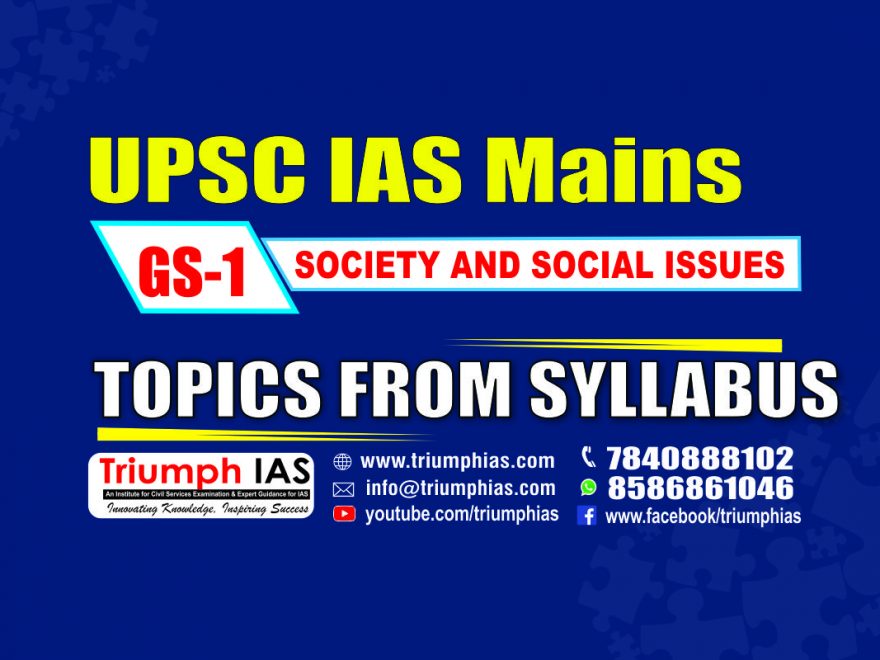Relevance: Mains: G.S paper I: Indian Society and societal issues
Context
- A confidential report by a court-appointed Special Investigation Team (SIT) may contain answers to the question of whether there will be any significant improvement in the country’s poor record in securing justice for the victims of the 1984 anti-Sikh pogrom.
Highlights the SIT report
- Successful prosecutions have been few and far between, and each time a new probe is ordered or a fresh report submitted, it is seen as major progress.
- The SIT was formed by the Supreme Court a year ago to examine the record in 186 cases relating to the carnage that took place in the aftermath of Indira Gandhi’s assassination.
- SIT had earlier scrutinised 293 cases, and closed 199 of them.
- A two-member team of retired apex court judges scrutinised these 199 cases, along with 42 other matters that had been closed earlier.
- The supervisory committee gave its views on these 241 cases and the Bench headed by the then Chief Justice of India, Dipak Misra, was informed that 186 cases merited further investigation.
- A fresh three-member team, headed by retired Delhi High Court judge, S.N. Dhingra, was asked to examine these 186 cases.
- Last week, the team submitted its report. Regardless of how many cases out of these result in prosecution, there is little doubt that the development offers a glimmer of hope to the victims of 1984.
- The country cannot forget that as many as 3,325 people from the Sikh community, including 2,733 in Delhi alone, were killed in the pogrom.
Challenges ahead
- It is not easy to secure convictions in instances of communal riots and sectarian violence, especially those that involve thousands of offenders gripped by mob frenzy.
- In 1984, there was little effort in the early days to bring to book the high political functionaries of the Congress who were suspected to have instigated the riots.
Current scenario of violence
- In the last 12 months, there have been at least two rare instances of success. In November 2018, two men were convicted of murder in a case that was closed many years ago and resurrected by the government’s erstwhile special probe team.
- One of them was sentenced to death, and the other to life.
- Congress leader Sajjan Kumar was sentenced to life by the Delhi High Court after being acquitted by the trial court five years earlier.
- The 35-year-long quest for justice is largely a story of failure due to political influence, scuttled investigation and shoddy prosecution.
Way ahead
- The country has seen other large-scale riots and pogroms after 1984, but has not been able to ensure substantive justice.
- The time may have come to consider the Delhi High Court’s suggestion in its verdict on Sajjan Kumar that there could be separate legislation to deal with mass murders that amount to genocide or crimes against humanity.

